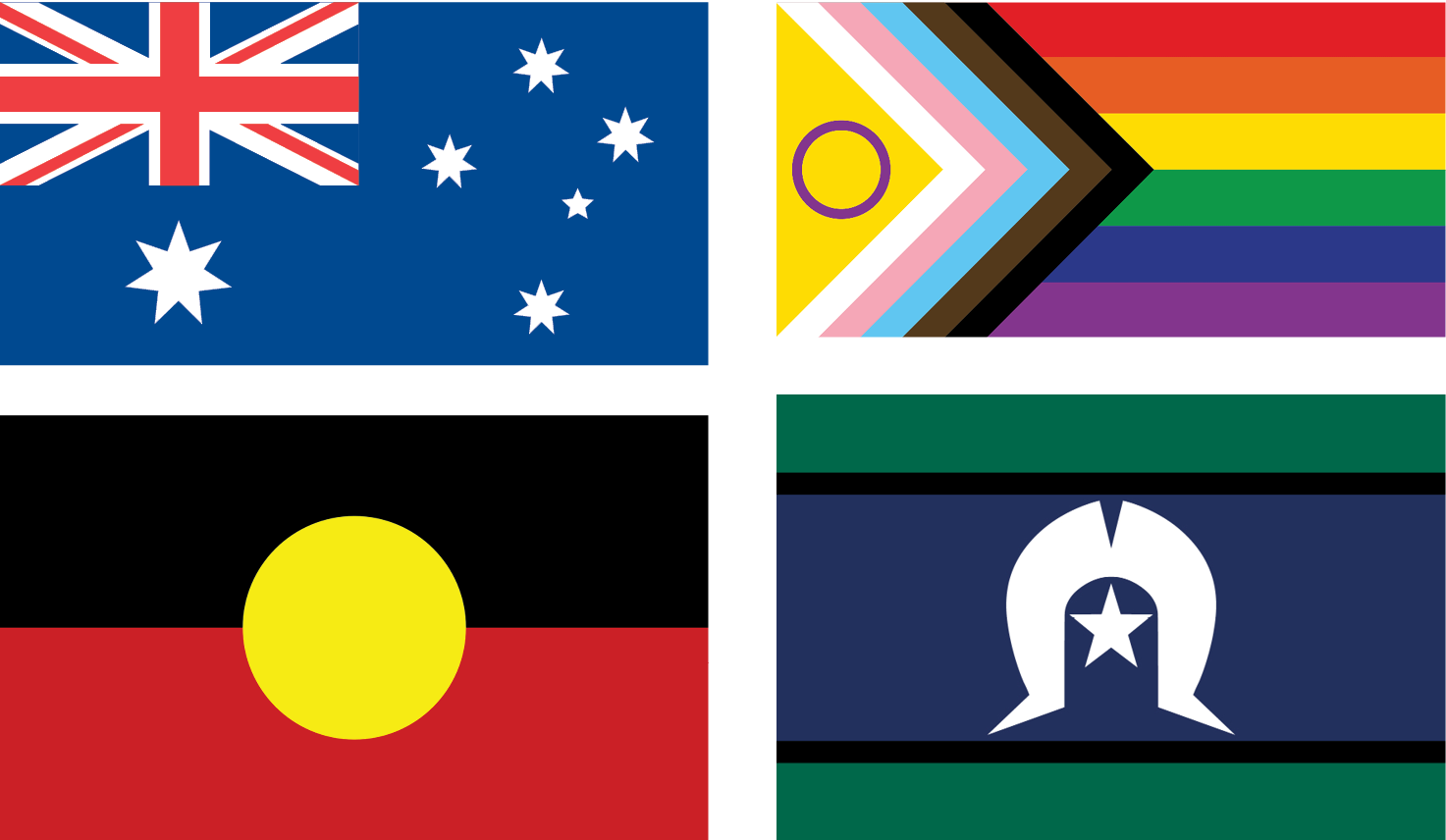Dec 17, 2018
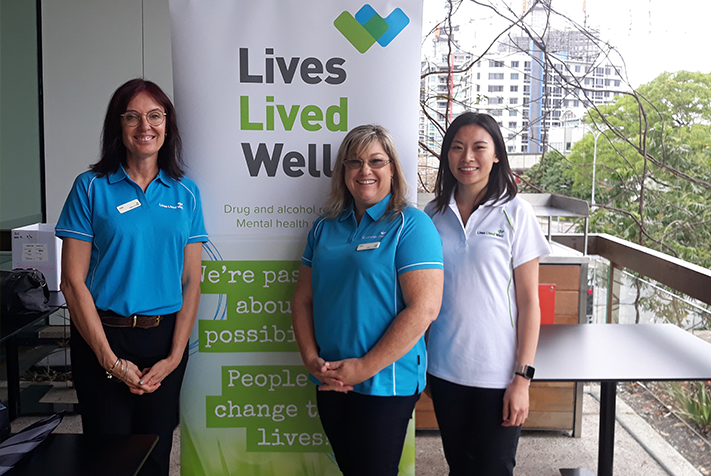
Our new Breakthrough for Families (BFF) program has seen more than 100 people across Queensland participate in free public information sessions with our BFF team in just two months.
This innovative program, funded by the Queensland Department of Child Protection, Youth and Women, aims to demystify issues around alcohol and drugs and help families develop strategies to support a family member with a drug or alcohol problem.
A big part of support to families is teaching them self care. The information the program provides not only informs and educates people, but also makes them feel safer and teaches them what they don’t have to accept. As one participant said: “Thank you, now I can do this. We don’t have to put up with certain behaviours, we don’t have to tolerate abuse”.
Our BFF team has delivered 23 two-hour sessions in the Health and Hospital Service regions across Townsville, Cairns, the Sunshine Coast and Brisbane as well as one-on-one sessions with families and individuals, and outreach as far west as Hughenden and Richmond in north Queensland.
The education sessions aim to empower family members to make positive decisions as individuals and as part of a family unit. The sessions are a safe environment for family members to ask questions, allay concerns, build a plan and move forward with renewed confidence.
More sessions are planned for next year – visit our website to see dates and locations. Individuals and families can self-refer through our website or by calling 1300 727 957.
Read more about Breakthrough for Families.
Oct 4, 2018
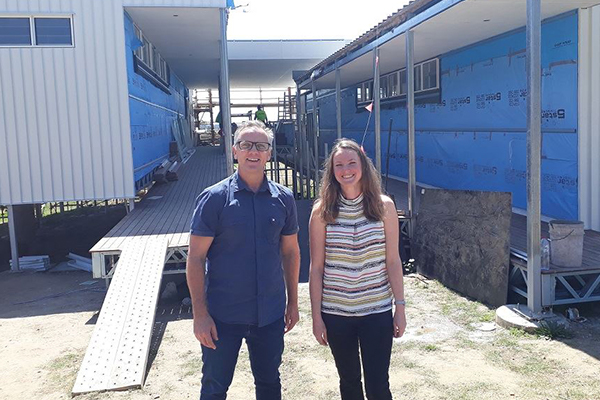
Construction of Family Recovery Units at Logan House is on track, with the units expected to open in January 2019.
Built on the site of our longstanding adult residential services at Logan House, the new units mean that parents will be able to stay in this purpose-built accommodation with their young children. In addition to alcohol and drug counselling and group work, they will be supported in enhancing their parenting skills and life skills such as healthy eating and nutrition.
The Commonwealth Government through the National Stronger Regions Fund awarded $986,000 towards building the units, while Lives Lived Well has contributed more than $1 million towards the project.
Lives Lived Well’s Logan House is in a peaceful, rural area in Chambers Flat, south of Brisbane.
Oct 4, 2018
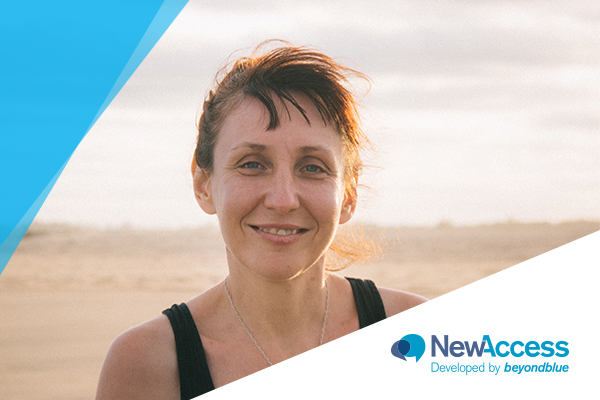
NewAccess, a free, low intensity mental health support program, developed by beyondblue, is now being delivered by Lives Lived Well at Warwick, Gatton, Dalby and Kingaroy, as well as over the phone to surrounding areas.
The six-week program delivered by trained coaches is designed to help people with mild to moderate depression, stress and anxiety, including everyday challenges in their work or personal life.
It was launched in the Darling Downs on 6 August and is funded by the Darling Downs and West Moreton PHN under the Australian Government’s PHN program.
“When you’re sad and struggling you don’t think clearly and you stop talking to people. But talking to someone makes you feel a little bit better. And it helps you move forward and not struggle so much.”
This is how Jenny* described her recent experience of NewAccess.
Jenny met a NewAccess coach at Lives Lived Well after experiencing overwhelming loss over a short period. Her loss began with the death of her husband of more than 30 years, and over the next month, she lost other close family members before finally, the week before she reached out to NewAccess, her best friend lost her battle with cancer.
At first, Jenny’s coach wondered if the program would be able to support someone going through such extensive loss but after the initial session Jenny told her that she was the first person she’d felt comfortable with, and she wanted to come back.
By her final session, Jenny had met all her treatment goals. She was sleeping, putting on weight and seeing her friends socially. She was spending time in her beloved garden again, something she’d stopped doing because it reminded her of her husband. She was smiling and laughing, she was more engaged at work and she’d stopped harmful drinking.
NewAccess is free and open to anyone over 18 years. While a referral is not needed, they are accepted. Simply call 1300 971 309 or visit www.liveslivedwell.org.au/newaccess.
*Please note: Jenny is not the client’s real name. Changed to protect privacy. Stock image used.
Oct 4, 2018
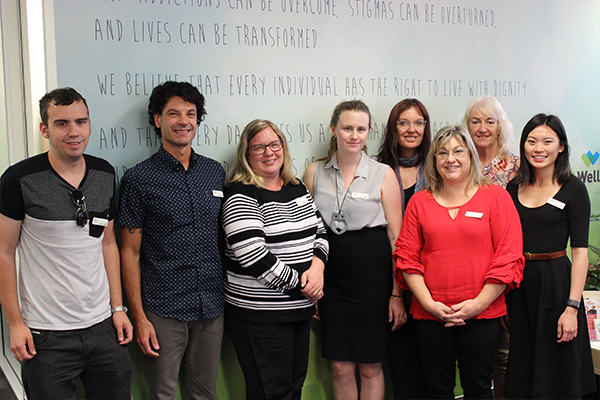
Lives Lived Well is delivering the Breakthrough for Families (BFF) program in Brisbane, the Sunshine Coast, Townsville and Cairns thanks to funding from the Department of Child Safety, Youth and Women.
BFF provides information and support to family members of people who have problematic substance use. It can also deliver specialised support for families who are affected by methamphetamines. The service delivery involves a combination of free AOD education sessions, brief intensive intervention through counselling and case management, as well as links to other Lives Lived Well services or community organisations.
The education sessions provided as part of BFF aim to empower family members to make positive decisions as individuals and as part of a family unit.
These sessions involve a combination of:
- information and education about alcohol and other drugs
- understanding AOD use, how to respond to someone who is affected and the effects, risks and harms of use on individuals, families and the broader community
- help understanding the impact of AOD use on physical and mental health and strategies to keep themselves and their family safe
- information and advice on treatment, help and support options available in the community
- practical strategies to help family members discuss substance use
- addressing barriers to seeking help.
BFF is delivered in accessible times, places and formats to engage with families and enable diverse family and community members to attend.
The service is confidential and operates completely independently from the child protection system. Individuals and families can self-refer, or referrals can be made through our information and intake line: 1300 727 957, or on our website.
Oct 4, 2018
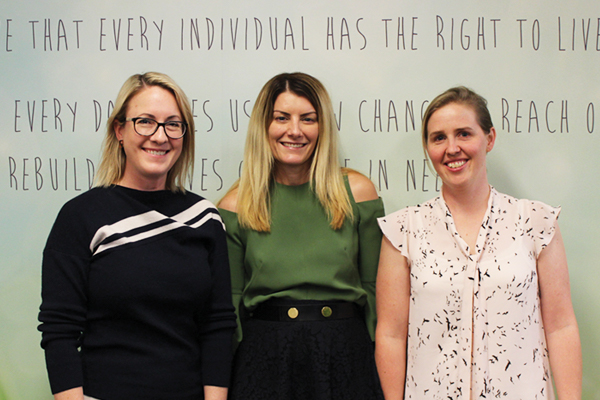
Did you know that Lives Lived Well is currently involved in 16 research projects?
We have a team of researchers, headed up by Professor Leanne Hides (above centre), from the University of Queensland, leading research projects across our QLD and NSW programs. Professor Hides is our inaugural Lives Lived Well Chair in Alcohol, Drugs and Mental Health. She brings a team of researchers with her – Dr Dominique De Andrade (above left), Dr Catherine Quinn (above right) & Dr Rachel Elphinston.
Dr Julaine Allan is our Lives Lived Well Research Manager. Working from Orange, Julaine is a part of Lives Lived Well’s Clinical Directorate and has a long and successful history of research and senior leadership roles in the AOD sector. Julaine’s team includes Nicole Snowdon, Dr Anna Thompson, Raechel Wallace and Cathy Wilson. These teams are working with Lives Lived Well staff including headspace Southport Clinical Services Manager Philip Williams and Clinical Services/Gambling Manager Gerard Moloney.
Each study will include a recommended change or adaptation to practice that we can apply across our programs and share with the sector where relevant. Here’s a brief outline of some of the research projects:
Wellbeing group (GRIT)
Looking at the effectiveness of a wellbeing group as an intervention. Being conducted at our residential services – Mirikai and Logan House, the project complements our new six-week residential service model and will assess the impact of group-based physical and experiential treatment on substance use. GRIT sessions are offered twice weekly over six-weeks and cover topics like mindfulness and emotional regulation. Led by Cath Quinn, the trial is due to be completed in December 2018.
Telephone intervention (QuikFix)
Looking at a brief over-the-phone intervention aimed at helping young people reduce the harms related to drug and alcohol use. The intervention aims to provide young people with strategies enabling them to resist high risk situations. Led by Rachel Elphinston, the study is taking place at our Brisbane South, North and Gold Coast services and is due to be completed in June 2019.
Dialectical Behaviour Therapy (DBT)
This study involves comparing an 8-week DBT skills group program with a 16-week DBT group and individual therapy program. The outcomes for the young people attending each program at our headspace Southport service will be compared. It is being led by Carlie Robertson, Dom DeAndrade and Lily Davidson.
Peer workforce project
Exploring the experiences of young people in peer support roles at headspace Southport, where an innovative peer workforce model has been implemented. The project will document what benefits and challenges the young people in these roles experience. It is being led by Philip Williams and Julaine Allan.
AOD interventions in rural NSW headspace centres
Working with headspace national to identify what types of drug and alcohol interventions would fit best in the headpsace model including what will be most acceptable to young people. The study includes six rural headspace centres in NSW. The feasibility study will be complete in June 2019, with the intention to test the recommended model. This is being led by Julaine Allan and Nicole Snowdon.
Computerised cognitive remediation
Aims to test the impact and feasibility of computerised cognitive remediation interventions within a residential rehabilitation setting. Currently selecting the computerised program to trial. The project will take place at our Wattlegrove service in NSW and is due to finish in June 2020. It is being led by Anna Thompson and Julaine Allan.
Substance use and gambling
We have conducted a survey that investigates the relationship between substance use and gambling. The survey was sent to nearly 3000 past and present clients in QLD and NSW. The survey results will be available in November this year. This project is led by Gerard Maloney, Cath Quinn and Julaine Allan.
Oct 4, 2018
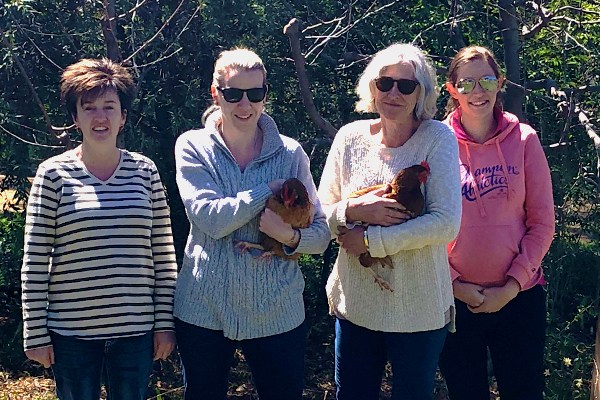
Earlier this year we opened Lyndon Women’s, an innovative live-in recovery program for women with or without children in regional NSW. Local businesses such as Bunnings and Star Chem are helping us build a home away from home for mums and kids.
Getting help for a drug or alcohol problem when you’re a parent can be challenging. Work and parenting responsibilities often prevent people from accessing live-in rehabilitation. Services such as our new Lyndon Women’s program enable women with or without children to participate in a free six-week residential rehabilitation program.
Lyndon Women’s is a unique drug and alcohol treatment program because it enables children up to 12 years to stay with their mothers, with the added support of dedicated childcare workers.
Creating a welcoming and homely environment for mums and their children has been an important part of our focus as we develop this site, so we’re particularly grateful to Orange-based organisations such as Bunnings, the Quota Club, Mullion Produce and Star Chem for helping us create a home away from home.
Women and children staying at Lyndon Women’s enjoy free range eggs and freshly picked vegies, thanks to the chickens and vegie gardens in the backyard. Our team worked with Bunnings staff to build the chicken coop and the raised vegie gardens – using materials also donated by Bunnings.
We’ve also received donations of welcome packs full of treats for the women and children and a variety of clothing. Women in the program can also enjoy a regular on-site pamper session.
Lyndon Women’s Program Manager, Nettie Lymbery, said the contributions from local businesses were gratefully received.
“The support has been wonderful and helped us create a really welcoming and safe environment, which in turn supports people in their recovery and helps them to live a life free from the harms of alcohol and other drugs,” she said.
The program can help with reducing dependence on drugs and alcohol, mental health concerns, relationship issues and the challenges of parenting. It can also can be extended if required and our counsellors assist with linkages to local community supports to help women with their transition back into community.
Our team (some pictured above) includes a registered nurse, psychologist, early childhood educator, childcare worker, and drug and alcohol counsellors.
Referrals are accepted, or women can self refer. Call 1300 596 366 or email: [email protected]
Go to http://www.lyndon.org.au/womens-program/ for more program info.






